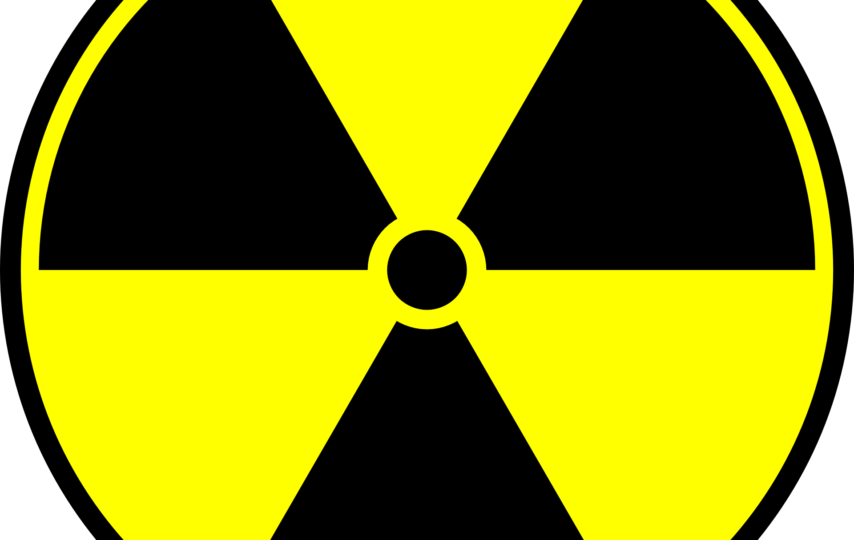Every year, the United States generates nearly 30 million tons of hazardous waste. This causes serious environmental damage, air pollution, and threatens global wildlife. On top of this, hazardous waste can also contaminate local food and water sources.
This might sound like an issue for large businesses. However, household hazardous waste contributes more than 1.5 million tons to this figure each year. Making a change in your home could have a serious impact on the world around you.
So what is hazardous waste and how can you reduce the amount that you produce? Read on to find out more!
What Is Household Hazardous Waste?
Before we look at how to reduce it, let’s look at how to detect hazardous waste. Knowing which products are hazardous will help you to reduce how much hazardous waste you produce.
These products include:
- Batteries
- Solvents (often found in cleaning products)
- Inedible oils
- Pesticides
- Chemicals, such as brake fluid and printer toner
- Coolants used in fridges and freezers
- Lightbulbs
Many of these are an integral part of daily life so cutting them out isn’t an option. Instead, let’s take a look at seven easy ways that you can reduce the amount of hazardous waste in your house.
1. Cut Back on Certain Cleaning Products
Cleaning products often contain highly corrosive chemical ingredients. These can be dangerous for you when used too often. They can also create serious issues when washed down your drains.
Thankfully, there are now plenty of cleaning products that use naturally-based ingredients instead. These are non-toxic and won’t hurt you or the environment. Or, if you have the time, why not make your own cleaning solution using baking soda, vinegar, lemon, and hot water?
2. Limit Your Paint and Polish Jobs
If you’re interested in detecting hazardous waste around your home, you’ll find it in the paint and polish cupboard. These products often contain:
- Phenols
- Petroleum distillates
- Toluene
- Perchloroethylene
When buying new products, look out for natural and environmentally-friendly ingredients instead. If you have to get rid of any old paints or polishes, get in touch with your local sanitation department first. They will be able to help you dispose of them safely.
3. Consider Which Pesticides You Use
Pesticides might be a great way to kill unwanted plants, pests, and rodents around your home. However, they don’t differentiate between what they target.
These concoctions can release pollutant fumes into the air. They can also do serious damage to humans and pets that come into contact with them.
There are plenty of non-chemical ways to deal with pests in your home, including:
- Setting reusable traps around your home
- Using natural-grade diatomaceous earth to ward off bug infestations
- Getting rid of weeds by hand
- Installing covers over fruit plants to keep insects away
All of these will protect your home without creating waste or damaging the environment.
4. Look for Alternative Laundry Detergents
The majority of laundry detergents generate a byproduct called nonylphenol ethoxylates or NPEs. This is extremely dangerous for sea life around the world.
It gets washed out when you do laundry and doesn’t degrade over time. In fact, it can become more toxic the longer it lingers in the oceans!
Choosing NPE-free laundry detergents means that you can clean your clothes without damaging the world around you.
5. Be Careful With Your Motor Oil Disposal
Your car, van, or motorbike engines all run on a variety of hazardous liquids. These include antifreeze, gasoline, and motor oil, which can all be very dangerous if handled incorrectly.
You should never dispose of these down your drains or pour them directly into the sewers. Doing this will contaminate local water supplies and can harm the local aquatic wildlife.
Instead, you should contact the nearest environment protection agency or your local sanitation department. They will talk you through where and how to dispose of them safely. They may even be able to give you advice on where to take your car’s oil for recycling.
6. Don’t Toss Batteries Away
Tossing batteries in the trash can be a nightmare for hazardous waste cleanup.
A lot of household batteries contain mercury or cadmium. Dumping car batteries can also release lead or sulfuric acid. This can cause serious damage to the environment and is dangerous for anyone handling your garbage.
This is why neither of these items should end up in your household trash.
Instead, you should look out for battery collection sites at your local recycling station. If you can’t find them, get in touch with your local sanitation department. They will be able to point you in the right direction.
7. Recycle Your Light Bulbs
If you want to reduce your carbon footprint, then using energy-efficient lightbulbs around your home is an absolute must. However, energy-efficiency will only go so far.
If you want to really be kind to the planet then you need to recycle your home’s light bulbs instead of simply tossing them out.
Each bulb contains a small amount of mercury, which might not do too much damage on its own. But if you think about the number of bulbs thrown out around the world every year, that adds up to a whole lot of mercury!
The majority of recycling centers across the United States should accept your old bulbs. That way, even once you’re finished with them, you can carry on being kind to the planet.
Reduce Your Home’s Waste Today!
As you can see, when it comes to household hazardous waste there are plenty of things you can do to reduce your footprint. Keep these in mind, and you won’t go wrong.
Want to learn some other ways to make your home more environmentally-friendly? Make sure you take a look at the rest of our blog today!













